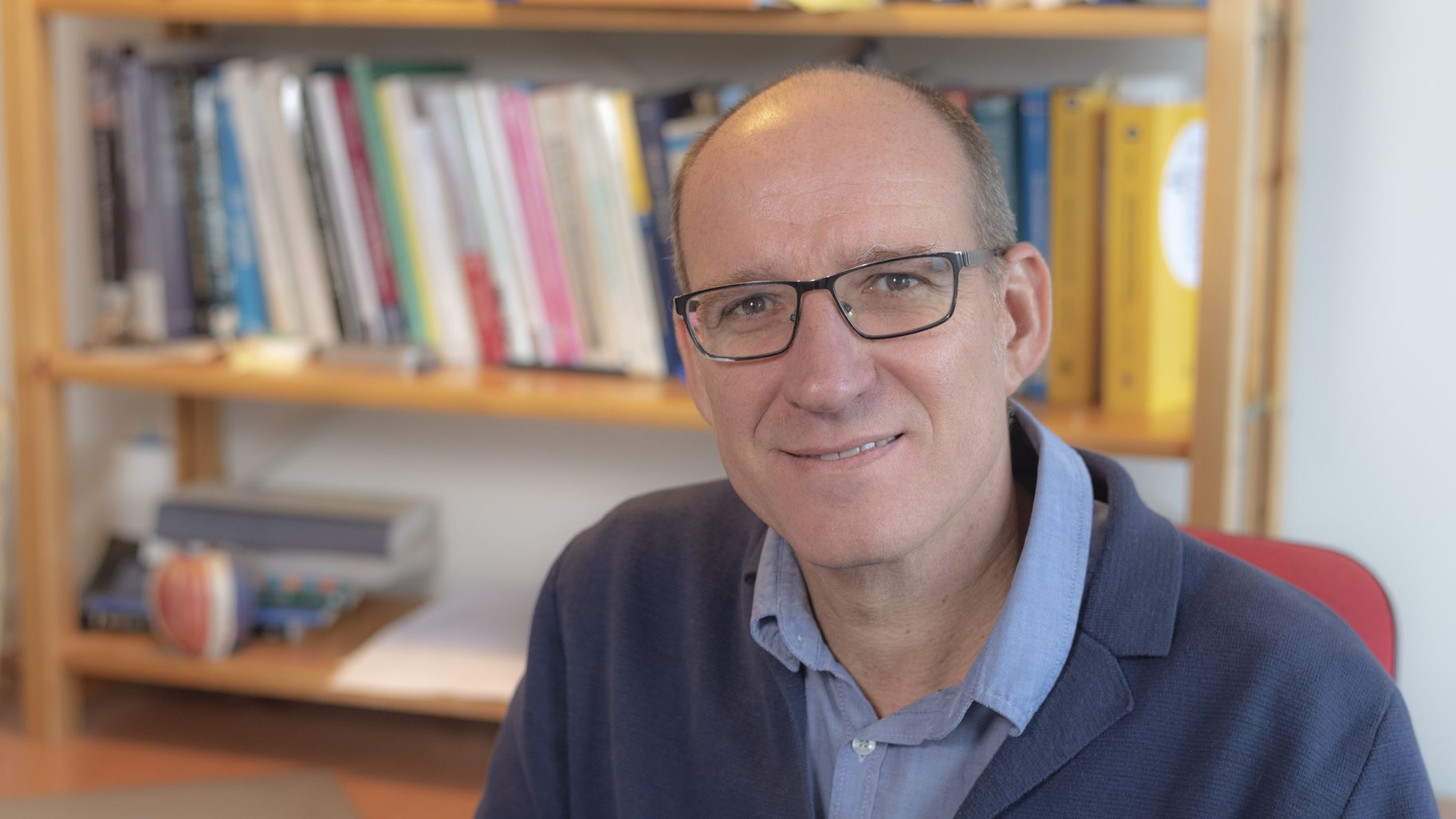Étienne Mémin, recipient of an ERC Synergy grant
Date:
Changed on 02/01/2020

The team comprising Darryl Holm and Dan Crisan from the Imperial College of London (UK), Bertrand Chapron, director of research at Ifremer, and Etienne Mémin, director of research at Inria, will build a synergy through their diverse areas of expertise in order to improve scientific understanding of the uncertain upper ocean dynamics through the STUOD project (Stochastic Transport in Upper Ocean Dynamics).
The names of the 37 winners of the European Research Council (ERC) call for projects were revealed on Friday 11 October, for a total of €363 million in grants. As a reminder, ERC grants are intended to enable exploratory research in specific fields.
The ocean is a powerful climate regulator, slowing global warming by absorbing the heat produced and the CO2 emitted by human activity, while emitting the majority of the oxygen present in the atmosphere through plankton. However, the ocean’s reaction to long-term and increasing climate stress is difficult to observe and predict.
The STUOD project aims to develop models to calculate probabilities in order to anticipate changes in the upper ocean in terms of temperature, level, CO2 and O2 concentration and acidity. Today the circulation of marine debris, oil slicks and the accumulation of plastic in the ocean can be observed by satellite, but computer simulations are unable to process this data. The STUOD project will use these observations to write new mathematical models that will allow for large-scale digital simulations of upper ocean dynamics.
This will make it possible to forecast the movements of an oil spill or the way plastic debris will spread out through the ocean, and most importantly, provide data that can be used as input for models to predict global warming and its consequences.
Predicting earthquakes, anticipating climate change, preventing and curing cancer: contemporary problems are sometimes too complex to be studied by a single expert. That’s why the European Research Council created the ERC Synergy Grants, designed to facilitate interdisciplinary research teams bringing together all the expertise needed to take up such challenges. This year, no fewer than 37 research teams made up of 2 to 4 researchers will benefit from a grant, for a total of €363 million.
The grant was developed as part of the European Horizon 2020 programme to support research and innovation.
ERC Synergy Grant website [ https://erc.europa.eu/funding/synergy-grants]